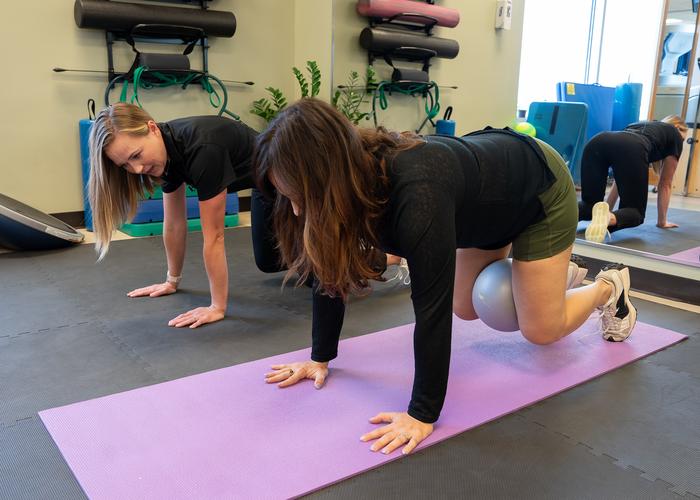Summary: A comprehensive analysis of 35 studies reveals that regular exercise can significantly reduce both the severity of postpartum depression symptoms and the risk of developing major depression after childbirth. The research shows that new mothers need only 80 minutes of moderate exercise per week to see meaningful benefits for their mental health.
Journal: British Journal of Sports Medicine, November 7, 2024, DOI: 10.1136/bjsports-2024-108478 | Reading time: 4 minutes
A Natural Solution for Postpartum Mental Health
New mothers facing the emotional challenges of postpartum depression might find relief through a surprisingly simple solution: exercise. A new study published in the British Journal of Sports Medicine has found that exercise programs can reduce both the severity of ‘baby blues’ and the risk of developing major clinical depression.
The research, analyzing data from 4,072 participants across 14 countries, discovered that exercise-only interventions cut the odds of developing major postpartum depression by 45% compared to no exercise.
Finding the Right Amount
The key finding is the minimum threshold needed for effectiveness: just 80 minutes of moderate-intensity exercise per week, spread across at least four days. This could include activities like brisk walking, water aerobics, stationary cycling, or resistance training with bands, weights, or body weight.
Timing matters too. The study found that starting an exercise program within the first 12 weeks after giving birth led to greater reductions in depressive symptoms compared to later starts.
An Accessible Alternative
Traditional treatments for postpartum depression and anxiety typically involve medications and counseling. However, these approaches often come with drawbacks – medications can have side effects, while counseling may be expensive or difficult to access.
Exercise offers an affordable and accessible alternative. The range of activities studied included aerobic exercise, strength training, stretching, and yoga, giving new mothers various options to find what works best for them.
Broader Implications
The findings are particularly significant given that maternal depression and anxiety can affect not just the mother but also infant care and bonding. These mental health challenges can impact a child’s cognitive, emotional, and social development.
The research suggests that exercise could be integrated into evidence-based guidelines for promoting postpartum health, offering a safe and inexpensive option for supporting new mothers’ mental well-being.
Glossary
• Postpartum depression: Depression occurring after childbirth
• Meta-analysis: A statistical analysis combining results from multiple studies
• Moderate-intensity exercise: Physical activity that raises heart rate but allows conversation
• MET-minutes: A measure of exercise intensity and duration combined
Reader Comprehension Quiz
1. How much weekly exercise is needed to see benefits for postpartum depression?
Answer: 80 minutes of moderate-intensity exercise
2. By how much did exercise reduce the odds of developing major postpartum depression?
Answer: 45%
3. When should new mothers ideally start their exercise program?
Answer: Within the first 12 weeks after giving birth
4. What types of exercise were included in the study?
Answer: Aerobic exercise, strength training, stretching, and yoga
Enjoy this story? Get our newsletter! https://scienceblog.substack.com/


